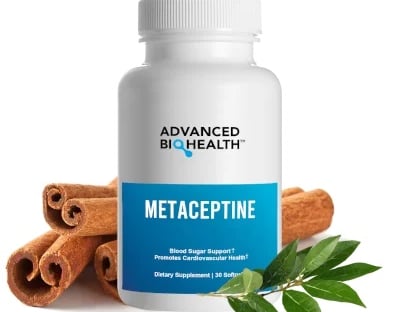
Alcohol Consumption Guidelines for Type 1 Diabetes: How to Enjoy Alcohol Safely
Alcohol consumption can affect blood sugar levels and overall health, especially for individuals with type 1 diabetes. Understanding how alcohol impacts your body and following guidelines for safe consumption can help you enjoy alcohol responsibly. In this blog post, we'll explore the effects of alcohol on type 1 diabetes, provide tips for safe alcohol consumption, and discuss the importance of moderation.
LIFESTYLE FACTORS AND BLOOD SUGAR CONTROL
Post Author: KJames @ Blood Sugar Warrior
4/3/20243 min read
Pee out blood sugar (NEW Yale research)
Ever worry that everything you eat will spike up your blood sugar like crazy? It’s because your body has turned off its “blood sugar consuming cells”.
When you’re young, you have lots of them — which is why you can eat whatever you want and your blood sugar is in the normal range. But as you get older, your blood sugar consuming cells stop working and your BG shoots up! But NEW research discovered a drop-dead simple way to re-activate your blood sugar consuming cell. In fact, Yale scientists prove you’ll SLASH your BG and turn back health 20 years. So you can pee out BG from your blood without giving up your favorite foods or going crazy on a treadmill.
Understanding the Effects of Alcohol on Blood Sugar Levels
Alcohol can lower blood sugar levels: Alcohol can interfere with the liver's ability to produce glucose, leading to hypoglycemia (low blood sugar).
Delayed effects on blood sugar: While alcohol initially lowers blood sugar levels, it can lead to an increase in blood sugar levels several hours later.
Potential for unpredictable blood sugar fluctuations: The effects of alcohol on blood sugar can vary depending on factors such as the amount of alcohol consumed, the presence of food in the stomach, and individual differences in alcohol metabolism.
Guidelines for Safe Alcohol Consumption
a. Monitor your blood sugar levels: Check your blood sugar levels before, during, and after drinking alcohol to ensure they stay within a safe range.
b. Eat before drinking: Consuming food before drinking can help slow down the absorption of alcohol and reduce the risk of hypoglycemia.
c. Choose low-carbohydrate drinks: Opt for light beer, dry wines, or spirits mixed with sugar-free mixers to minimize the impact on blood sugar levels.
d. Stay hydrated: Drink plenty of water alongside alcohol to stay hydrated and help prevent dehydration, which can affect blood sugar levels.
e. Limit alcohol intake: Follow guidelines for moderate alcohol consumption, which typically means up to one drink per day for women and up to two drinks per day for men.
Risks of Excessive Alcohol Consumption
a. Increased risk of hypoglycemia: Excessive alcohol consumption can lead to dangerously low blood sugar levels, especially if you take insulin or certain diabetes medications.
b. Weight gain: Alcoholic beverages can be high in calories, which can contribute to weight gain if consumed in excess.
c. Impaired judgment: Alcohol can impair judgment, making it more difficult to manage blood sugar levels effectively.
Tips for Managing Alcohol Consumption at Social Events
Plan ahead: If you know you'll be drinking alcohol at a social event, plan your meals and insulin doses accordingly to minimize the risk of hypoglycemia.
Carry diabetes supplies: Always carry your diabetes supplies, such as a blood glucose meter, glucose tablets, and insulin, with you in case of emergencies.
Educate others: Make sure friends and family members are aware of your diabetes and know how to help in case of a hypoglycemic episode.
Seeking Professional Advice
Consult with your healthcare provider: If you have any concerns about alcohol consumption and its effects on your diabetes management, consult with your healthcare provider for personalized advice.
Consider meeting with a dietitian: A dietitian can help you develop a plan for alcohol consumption that fits into your overall diabetes management plan.
Conclusion
Alcohol can be enjoyed safely by individuals with type 1 diabetes as long as it is consumed in moderation and with careful consideration of its effects on blood sugar levels. By following these guidelines and seeking professional advice when needed, you can enjoy alcohol responsibly while managing your diabetes effectively.
Pee out blood sugar (NEW Yale research)
Ever worry that everything you eat will spike up your blood sugar like crazy? It’s because your body has turned off its “blood sugar consuming cells”.
When you’re young, you have lots of them — which is why you can eat whatever you want and your blood sugar is in the normal range. But as you get older, your blood sugar consuming cells stop working and your BG shoots up! But NEW research discovered a drop-dead simple way to re-activate your blood sugar consuming cell. In fact, Yale scientists prove you’ll SLASH your BG and turn back health 20 years. So you can pee out BG from your blood without giving up your favorite foods or going crazy on a treadmill.





